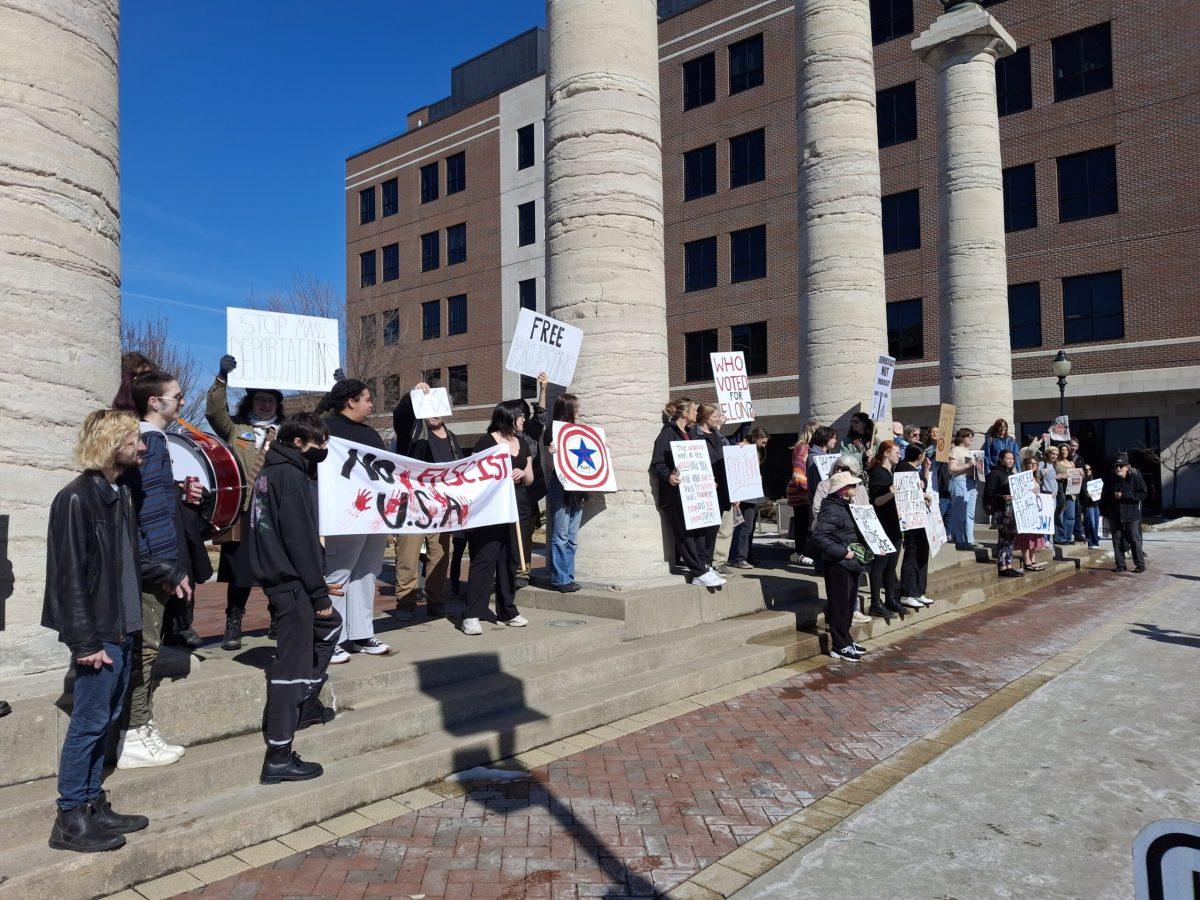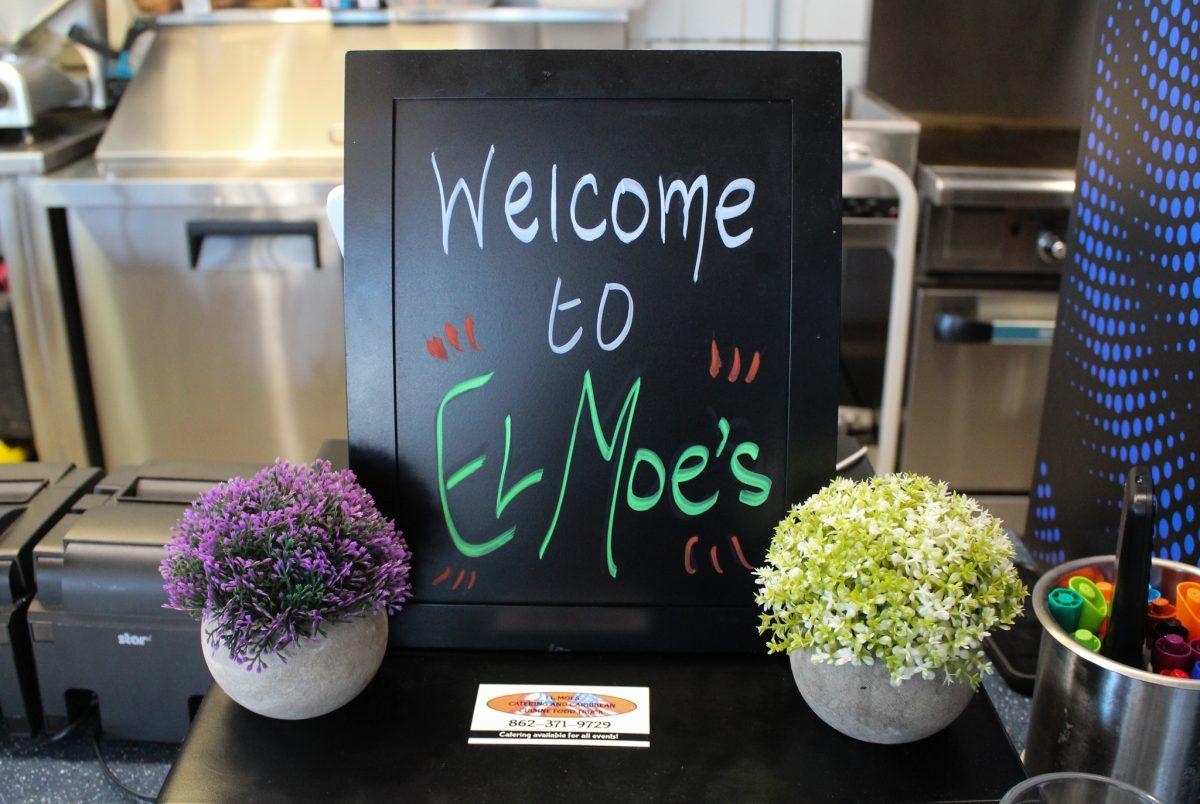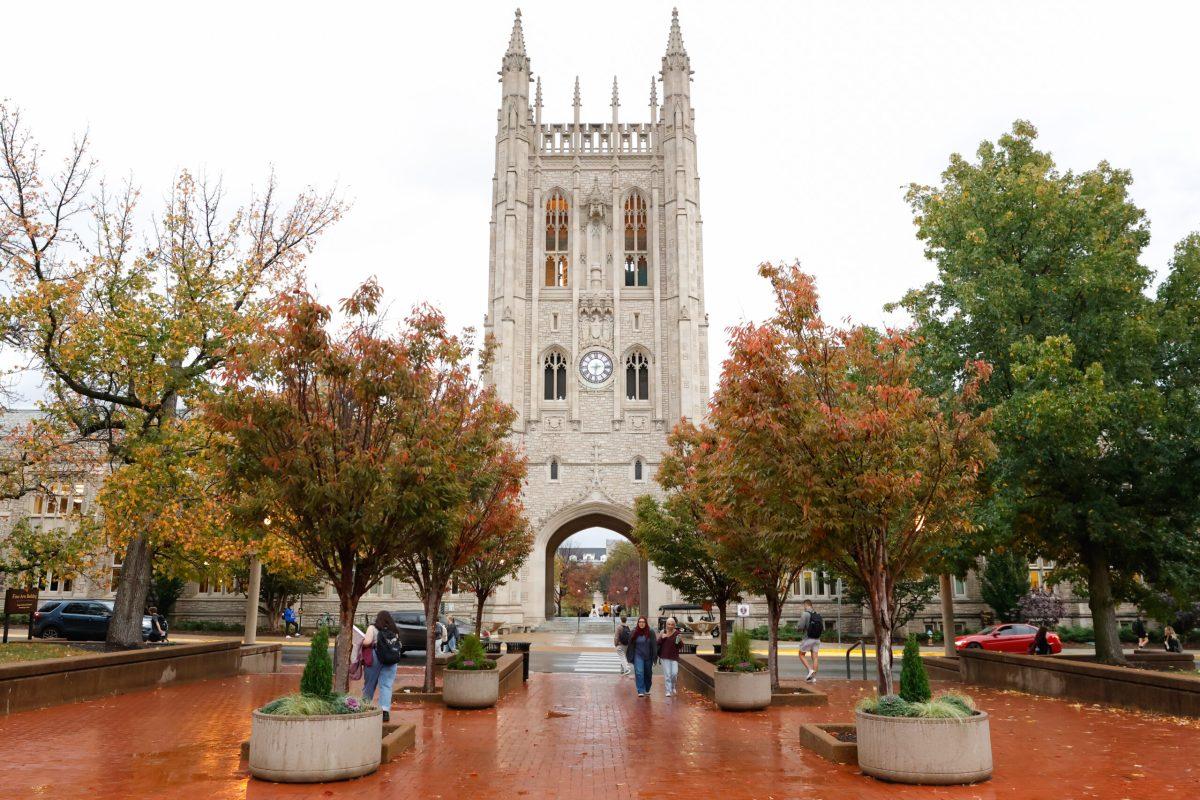The lack of visible diversity in the 2022 Panhellenic Counselor reveal highlights issues of diverse representation within MU’s Panhellenic Association.
Further information and experiences of PHA members of color are detailed in the next two articles of this three-part series.
Editor’s Note: Anna Colletto, Editor-in-Chief of The Maneater and editor of this article, and Shannon Worley, former MOVE editor and article contributor, are both involved in the PHA community.
On March 20, the MU Panhellenic Association (PHA) revealed 75 individuals who will serve as Panhellenic Counselors (Pi Chis) in PHA’s 2022 fall recruitment taking place from Aug. 14-19. Among the group’s smiles and matching T-shirts seen in the posts, some members of the PHA community realized something was missing: observable diversity.
This week, Pi Chis can be seen throughout greek town guiding groups of potential new members (PNMs) through formal recruitment. PHA entrusts Pi Chis to foster a sense of support for PNMs as they undergo formal recruitment. In the fall, formal recruitment takes place over six days and includes an entry fee as well as dress requirements. Although Pi Chis come from one of the 15 PHA sororities on campus, they disaffiliate for the summer and act as an unaffiliated PHA representative to ensure the recruitment process runs smoothly.
“During recruitment, they have groups of prospective members that they shepherd through the process and house visits, serving as a kind of guidance counselor for potential new members,” explains University spokesman Uriah Orland.
The demographic data of Pi Chis is not collected by PHA. PHA declined to comment on this topic or this lack of information.
While the definition of the term “diversity” encompasses more than physical appearances, some members feel that a visibly diverse group of Pi Chis plays a large role in feeling welcomed in historically-white communities like PHA. Connections with Pi Chis are some of the first interactions PNMs have with the organization, potentially shaping their entire experience in sorority life.
“Looking at the selection [of Pi Chis] … it just sucks that there is already a low level of the amount of Black women in this,” 2022 graduate Brittney Collier said. “You don’t really get full representation. And there’s nothing wrong with that; it’s kind of 50-50. It’s either Black women deciding to not do greek life or PHA is not allowing them to do greek life.”
Collier is a recent alumni of Kappa Kappa Gamma and went through formal recruitment in 2018 as an incoming freshman. As her family had no prior PHA experience, she went in with no expectations, searching for key values that aligned with her morals and identity as a Black woman.
“Kappa [Kappa Gamma] stood out to me because they had my similar values with loyalty, honesty and truth, along with other girls of color, which made me feel a lot more comfortable expressing my experiences and talking to the house,” Collier said. “I felt like they understood where I was coming from, and it just gave me a sense of safety and unity.”
During her sophomore year, she applied to be a Pi Chi for the 2020 recruitment. The Pi Chi application process contains a written application and interview process.
Orland said PHA looked for applicants with “existing chapter leadership experience, charisma, adaptability, a variety of personalities and members with a passion for diversity, equity and inclusion.”
After being accepted as a Pi Chi, selected individuals undergo a semester of weekly training during the spring following their selection. This training includes education from the RSVP Center and the Office of Institutional Equity, Orland said.
“It’s important that PHA educates Pi Chis; education is the biggest power you can have,” Collier said. “Adding training on how to talk to women of color and how to address certain [potential] situations, like, ‘How do you feel when you don’t see people who look like you?’ could really advance PHA and greek life as a whole.”
In the same year that Collier served as a Pi Chi, junior Kaylah Janssen entered formal recruitment as a freshman.
Due to the COVID-19 pandemic, Janssen sat through Zoom call after Zoom call with her Pi Chis and various sorority houses before eventually ‘running home’ to Chi Omega. Looking back on her recruitment experience, Janssen said she didn’t have a relationship with her Pi Chis because of the physical distance COVID caused, as well as emotional distance caused by their difference in identities.
“When talking to these counselors, I didn’t feel like they could give me the advice that I needed for me personally,” Janssen said. “Obviously, none of them were women of color, so I was talking about being uncomfortable in that situation and they can’t really help me with that, so I didn’t have anything to ask them.”
Each round of recruitment requires certain attire, according to the PHA recruitment guide. PNMs enter houses wearing jeans, “dressy casual” skirts, semi-formal jumpsuits and more. Janssen felt appearances highlighted the differences between each PNM participating in recruitment.
“If I was in a group with a counselor of color, I would’ve been able to talk to her about feeling uncomfortable, seeing all the girls do their hair, and I can’t do that,” Janssen said. “Even if they weren’t Black, just seeing someone else that wasn’t white that was a counselor … it would’ve helped to de-stress the situation and make it more comfortable and reassure that anyone can be in PHA.”
These isolating experiences common in Greek life can have lasting impacts, said Dedrae Kelly, a Columbia Provisionally Licensed Professional Counselor. In her practice, Kelly focuses on clients that are people of color. She also specializes in trauma, PTSD and racial identity as well as leads a Women of Color support group.
“Individuals will feel the sense of detachment from an exclusion from a bigger narrative because Greek life is really a very specific group that has everything to do with privilege, we all know this,” Kelly said. “If it’s a privileged narrative, and you’re Black, you’re not part of the narrative. So then there’s also the lack of understanding your personal experience. And it can be very exhausting to have to explain that every single time you walk into a room.”
Beyond the social and emotional impact, identity-based isolation can also make a cognitive impact as well. According to Kelly, chronic abuse like identity-based trauma affects the limbic system and causes the hippocampus to shrink. This puts these individuals in a constant “fight or flight state,” prompting continuous internal conflict, as these parts of the brain play a role in memory and emotional processing. However, marginalized groups have adapted over the years to combat this heightened state, and Kelly believes it is up to dominant groups to recognize that.
“We are aware of it and we know we have built-in resilience,” Kelly said. “We are a very strong people who can live through fire. We are used to the pain. We don’t love it, we don’t like it, we just have learned how to live with it…What I think is important is to maybe start to bring in this understanding that this is a person who’s a part of a culture that does live in the fire.”
With a new group of Pi Chis composed of primarily white individuals, PHA has work to do in order to support current and potential members of color and extinguish the fire their current members are living in.
Edited by Anna Colletto | [email protected]













